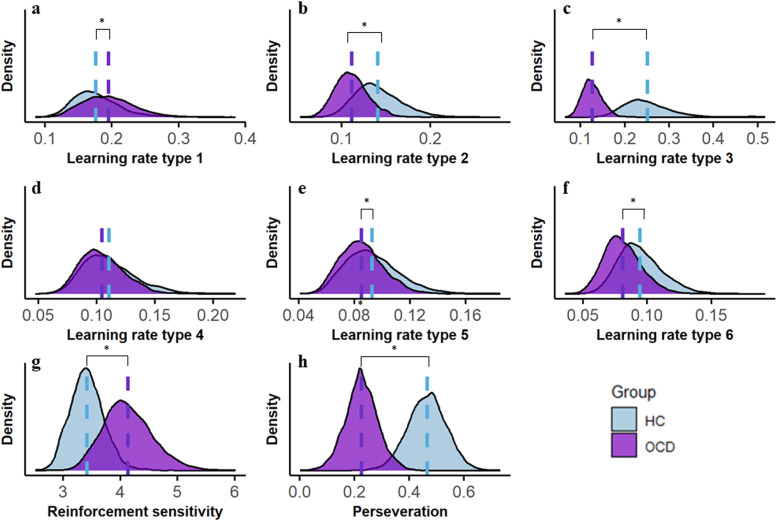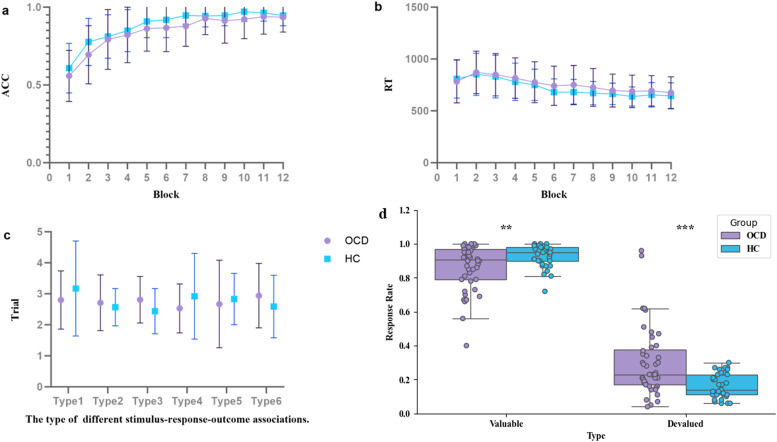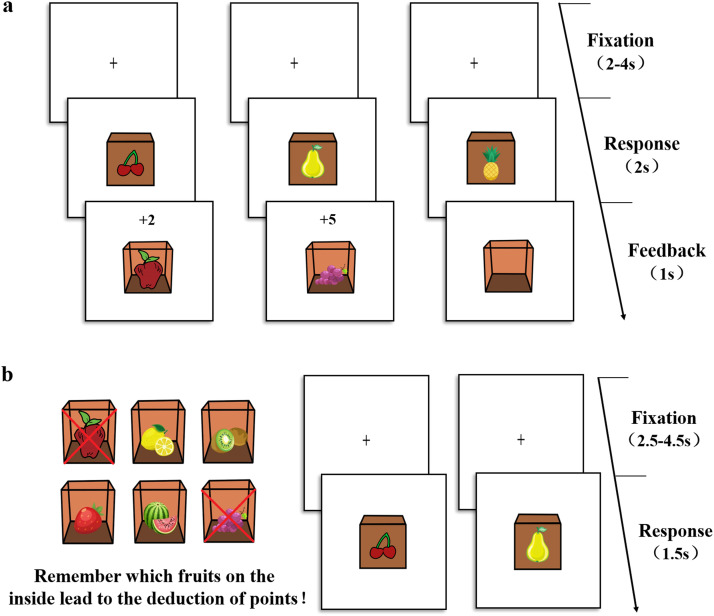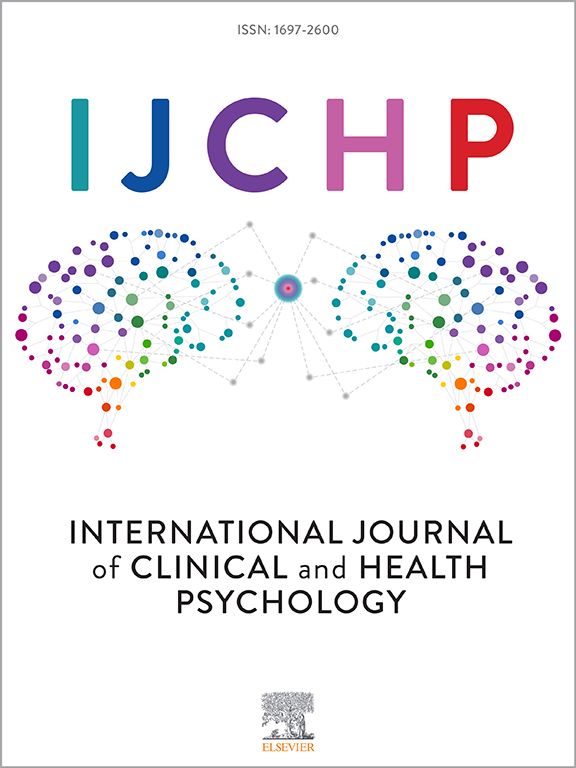Compulsion is associated with impaired goal-directed and habitual learning and responding in obsessive-compulsive disorder
IF 4.4
1区 心理学
Q1 PSYCHOLOGY, CLINICAL
International Journal of Clinical and Health Psychology
Pub Date : 2024-10-01
DOI:10.1016/j.ijchp.2024.100531
引用次数: 0
Abstract
Background
Previous research has found that compulsions in obsessive-compulsive disorder (OCD) are associated with an imbalance between goal-directed and habitual responses. However, the cognitive mechanisms underlying how goal-directed and habitual behaviors are learned, and how these learning deficits affect the response process, remain unclear. The present study aimed to investigate these cognitive mechanisms and examine how they were involved in the mechanism of compulsions.
Methods
A total of 49 patients with OCD and 38 healthy controls (HCs) were recruited to perform the revised “slip of action test”. A reinforcement learning model was constructed, and model parameters including learning rates, reinforcement sensitivity, and perseveration were estimated using a hierarchical Bayesian approach. Comparisons of these parameters were made between the OCD group and HCs, and the associations with performance during the outcome devalued stage and clinical presentations were assessed.
Results
In the outcome devalued stage, patients with OCD exhibited greatet responsiveness to the devalued outcome, indicating their impairment in flexible and goal-directed behavioral control. Computational modeling further revealed that, during the instrumental learning stage, patients with OCD showed reduced learning rates, decreased perseveration, and heightened reinforcement sensitivity as compared with HCs. The learning rate and perseveration during instrumental learning were significantly correlated with the performance in the outcome devalued stage and compulsive scores in OCD.
Conclusions
The results indicate that patients with OCD exhibit deficits in updating the associative strength based on prediction errors and are more likely to doubt established correct associations during goal-directed and habitual learning. These deficits may contribute to the inflexible goal-directed behavioral control and are involved in the mechanism of compulsion in OCD.



强迫与强迫症中目标导向和习惯性学习和反应受损有关。
背景:以往的研究发现,强迫症(OCD)中的强迫行为与目标导向反应和习惯反应之间的不平衡有关。然而,目标导向行为和习惯行为是如何习得的认知机制,以及这些学习缺陷是如何影响反应过程的,目前尚不清楚。本研究旨在探讨这些认知机制以及它们是如何参与强迫机制的。方法:共招募49例强迫症患者和38例健康对照(hc)进行修订的“动作滑动试验”。构建了一个强化学习模型,并使用分层贝叶斯方法估计了模型参数,包括学习率、强化敏感性和持久性。将这些参数在OCD组和hc组之间进行比较,并评估结果贬值阶段和临床表现与表现的关系。结果:在结果贬值阶段,强迫症患者对结果贬值表现出更大的反应性,表明他们在灵活和目标导向的行为控制方面存在缺陷。计算模型进一步显示,与正常人相比,强迫症患者在工具学习阶段表现出较低的学习率、较低的坚持力和较高的强化敏感性。器乐学习的学习率和坚持力与结果贬值阶段的表现和强迫症的强迫得分显著相关。结论:结果表明,强迫症患者在基于预测错误的联想强度更新方面存在缺陷,并且在目标导向学习和习惯学习中更容易怀疑已建立的正确关联。这些缺陷可能导致缺乏灵活的目标导向行为控制,并与强迫症的强迫机制有关。
本文章由计算机程序翻译,如有差异,请以英文原文为准。
求助全文
约1分钟内获得全文
求助全文
来源期刊

International Journal of Clinical and Health Psychology
PSYCHOLOGY, CLINICAL-
CiteScore
10.70
自引率
5.70%
发文量
38
审稿时长
33 days
期刊介绍:
The International Journal of Clinical and Health Psychology is dedicated to publishing manuscripts with a strong emphasis on both basic and applied research, encompassing experimental, clinical, and theoretical contributions that advance the fields of Clinical and Health Psychology. With a focus on four core domains—clinical psychology and psychotherapy, psychopathology, health psychology, and clinical neurosciences—the IJCHP seeks to provide a comprehensive platform for scholarly discourse and innovation. The journal accepts Original Articles (empirical studies) and Review Articles. Manuscripts submitted to IJCHP should be original and not previously published or under consideration elsewhere. All signing authors must unanimously agree on the submitted version of the manuscript. By submitting their work, authors agree to transfer their copyrights to the Journal for the duration of the editorial process.
 求助内容:
求助内容: 应助结果提醒方式:
应助结果提醒方式:


